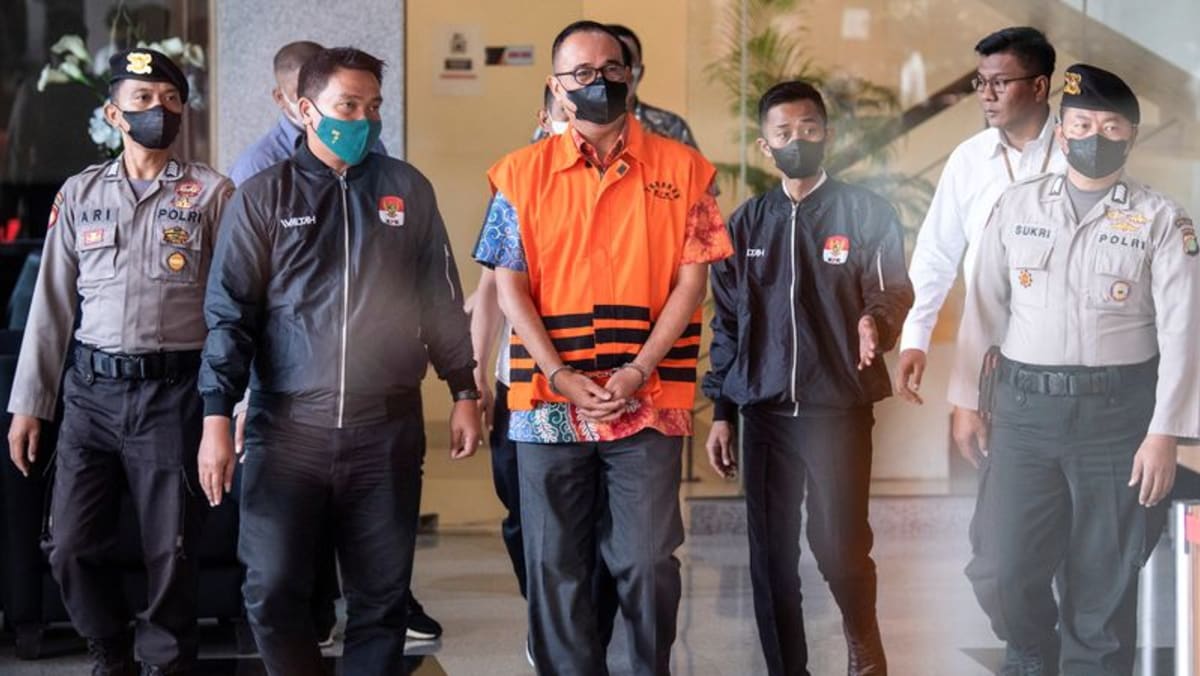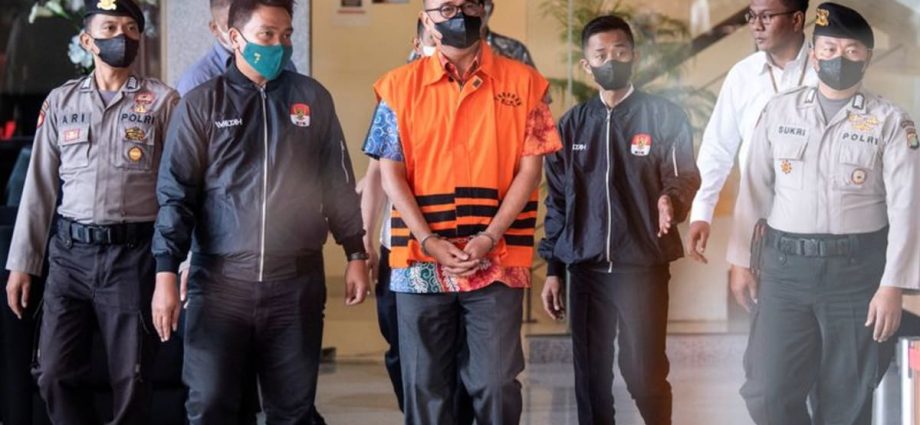
JOKOWI REMINDS CIVIL SERVANTS TO LIVE MODEST LIFESTYLE
Amid the increased scrutiny on the wealth of civil servants, the government has banned public officials from staging iftar gatherings during the Muslim holy month of Ramadan. Ramadan runs from Mar 23 to Apr 21.
In a directive, Cabinet Secretary Pramono Anung on Mar 23 said that President Joko Widodo had asked public officials and civil servants to perform their iftar modestly.
“Right now, civil servants and public officials are under intense public scrutiny. Therefore, the president is asking public officials and civil servants to perform their iftar modestly and not to invite officials for iftar.
“So that modesty as shown by the president will always be the reference (of their lifestyle),” said Mr Anung.
A few days later, the president clarified that the ban was only meant for ministers and heads of government institutions.
“I need to convey this directive because there is so much public attention on the lives of our officials,” said Mr Widodo.
“For this reason, I ask the government officials to welcome this year’s fasting month with a spirit of simplicity, not to overdo it and to divert the budget that is usually used for breaking the fast together for more useful activities … such as giving it to the poor and orphans.”
When asked if the case involving Trisambodo and others in the spotlight had led to the decision by Mr Widodo to clamp down on the iftar gatherings, public policy expert Agus Pambagio from think-tank PH & H Public Policy Interest Group told CNA that “it is one of the reasons”.
“But in my opinion, it is not a policy. It is an internal instruction for the Cabinet, so one of the reasons could be the flexing (of wealth).”
He said that such instructions from the top are not effective in curbing the posh lifestyles of civil servants and the underlying cause of it – corruption.
“No need to have new directives. Just catch the perpetrators,” Mr Pambagio said, stressing that the only way to fight corruption in the country is to enforce the law.
Separately, social issues researcher with the University of Indonesia Devie Rahmawati opined that it is okay for civil servants to showcase their wealth, provided that it is from legitimate sources.
“What needs to be done is checking where people’s wealth stems from. If it is not from corruption, then it is not a problem,” she said.

